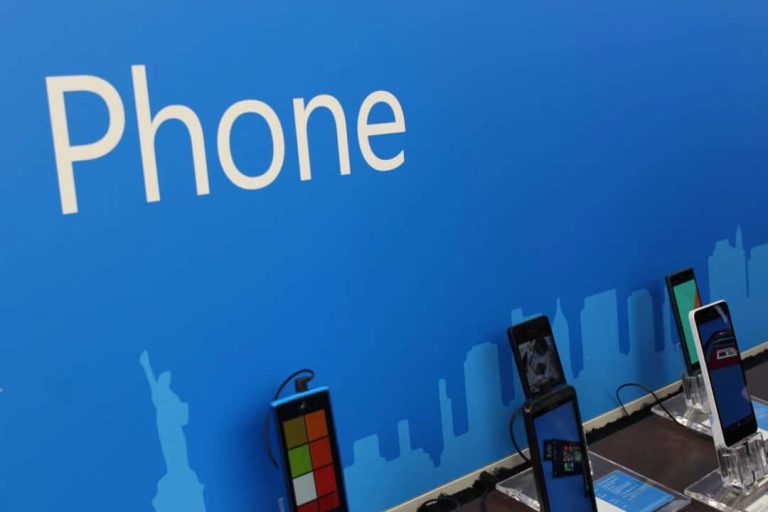Welcome to the land of the less than 1%. Microsoft’s long embattled mobile operating system/ecosystem, currently known as Windows 10 Mobile, has been in a long, sad, slow decline ever since… well ever since it was announced, really. Every new market share report, and seemingly every mobile move Microsoft makes points to the upcoming death of Windows 10 Mobile, as painful as it is to hear for some.
The “facts”
The most recent evidence came last week, first with a somewhat cryptic change in naming in a cumulative update which referred to the OS as a “Windows 10 version… for arm-based Phone Devices.” Then, on Friday, Microsoft caused a bit of a tempest in a teapot by announcing that (for the first time) Windows 10 Mobile and Windows 10 development branches would separate, with W10M getting its own “Feature2” fork, and limiting the number of supported devices for the Windows Insider Program moving forward. That was compounded by the disappearance of the Upgrade Advisor app, making it impossible for Windows Phone 8.1 users to move to Windows 10 Mobile.
The mania was compounded by some perhaps unfortunate tweets declaring, once again, that Windows 10 Mobile was “dead,” although they were quickly questioned by at least one Microsoft employee.
So what’s going on?
On one hand, forking development branches is unprecedented, and could well signal an end to full steam ahead development of the mobile OS, at least as we know it to exist today. We offered our opinion on that version of tea leaf reading on Friday.
Since then, more “insider information” has surfaced, indicating that the fork is only temporary, and that once OneCore work is done on the main OS, Windows 10 Mobile will be folded back in to the mix. We have to note here that while “sources” are being quoted right and left, Microsoft remains officially very tight lipped about the fate of Windows 10 Mobile and the state of its development, except for what was contained in Friday’s blog post.
A number of semi-legitimate reasons
Microsoft has business partners, chief among them Alcatel and HP, who are trying (why? That’s another question altogether) to sell Windows 10 Mobile devices, even as Microsoft has let its own phone hardware development channels languish.
Even if Microsoft is killing Windows 10 Mobile, announcing it now would in effect pull the plug on HP and Alcatel’s efforts, and could be very damaging to these and other partnerships, hence the silence.
There is also swirling speculation that Microsoft is planning some kind of “Windows 10 on ARM” rising Phoenix to replace Windows 10 Mobile, but needs the disreputable OS out of the way, in order to wipe the slate clean and get a new “next generation” start, perhaps with mobile enabled devices that aren’t phones, per se. We know that Windows 10 on ARM is a thing, but is it the new and not backward compatible replacement for Windows 10 Mobile? Again, we’re without clarification from Microsoft here.
Maybe they just suck
There’s another camp that looks at Microsoft as a company that has botched mobile development since the early Windows Mobile days, and continues to do so today. For all the Satya Nadella as the company’s savior talk, the company has dug themselves into a deep deep hole. There simply may be no climbing out of the pit they have dug, any attempts to do so are just flailing in the wind, and sadly, flailing could be just what they’re doing.
Yes, no, maybe?
The short answer to “Is Windows 10 Mobile dead?” – well, aside from “of course it is,” is that we simply don’t know, at this point. Microsoft is either stalling for time, committed to W10M with a temporary setback of a forked branch, or completely in over its head, and flailing miserably, or maybe all three. So far, the company isn’t saying, but the lack of transparency isn’t doing anything for the health of Windows 10 Mobile. Maybe that’s the point.


